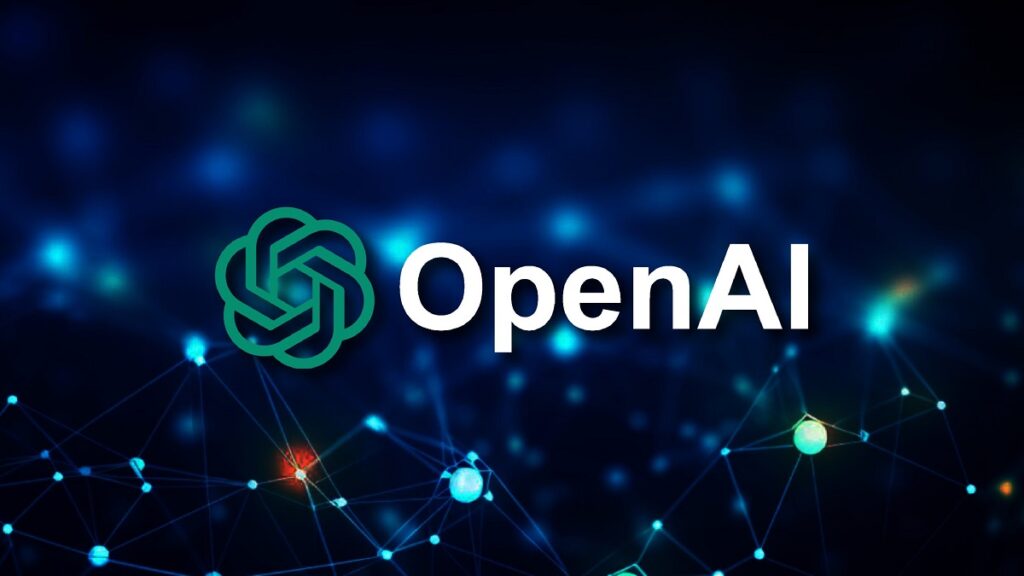
Italy Slaps €15 Million Fine on OpenAI for Data Privacy Violations

Introduction
In a major milestone for AI industry privacy regulation, the Italian Data Protection Authority, or Garante, has just levied a €15 million fine (approximately 2.25 billion Kenyan Shillings (KES) ) on OpenAI. This, after it investigated the collection of personal data related to its now-famous chatbot AI, ChatGPT. The fine represents the most recent and serious landmark in ongoing global scrutiny of how AI firms handle data.
The Investigation
The Italian Data Protection Authority started an investigation into OpenAI following concerns over the use of personal data by the company. Garante found that OpenAI had used personal data to train its AI models without “adequate legal consent” from individuals. It found this practice ran afoul of basic tenets of data protection, such as transparency and the requirement to inform users how their data was being used.
It particularly believed that Open AI did not provide users with a “clear and accessible” mode of informing them of what data was being collected through its systems. It accused the company of breaching the EU’s General Data Protection Regulation-one of the severest such laws in the world-so far.
Age Verification Concerns
Other significant areas the investigation found included a deficient system of age verification concerning ChatGPT users. From the notice from a regulator, the platform has failed to introduce mechanisms that will stop minors, especially children under 13 years old, from accessing inappropriate AI-powered content.
This is a critical concern, as AI systems like ChatGPT are very capable of producing responses inappropriate or harmful for children. The absence of a serious age verification system raises severe questions about the responsibility of the platform in protecting its users, who are much younger.
Regulatory Action and Fine
For all these different violations, the Italian authority imposed a fine of €15 million, which is nearly 20 times the revenue OpenAI earned in Italy during the same period. The penalty is meant to send a strong message on compliance with data privacy laws, especially in the ever-evolving field of artificial intelligence.
But most importantly, the Garante also ordered OpenAI to create in Italy an information campaign lasting six months on what personal data is used regarding training AI and how it is possible for users to oppose it, when applicable under the rights included in the GDPR. That could be an important way for individuals to become much more aware of the existing rights and to take proper action with regard to a decision to exercise those rights pertaining to data protection.
OpenAI’s Response
In a statement responding to the fine, OpenAI described the decision as “disproportionate,” adding it will appeal the ruling. The company argued that the fine was nearly 20 times the revenues of OpenAI in Italy in the same year, stating that it imposes a very severe financial burden.
Despite the fine, OpenAI reiterated its commitment to work with privacy authorities worldwide: “OpenAI is committed to providing AI in a manner that protects the privacy rights of all users and aligns with the standards for data protection around the world,” a company spokesperson said.
Global Implications and Future Outlook
The fine imposed on OpenAI is part of a wider global trend of tightening regulations on AI and data privacy. As artificial intelligence grows increasingly powerful and ubiquitous, governments and regulators worldwide are wrestling with how to balance innovation against the protection of citizens’ privacy rights.
Regulators in the US and Europe have been closely monitoring OpenAI, as well as other leading AI companies, for compliance with data protection laws. This will be even more strongly impacted by the imminent arrival of the European Union’s AI Act, one of the most complete frameworks anywhere in the world that would regulate AI.























